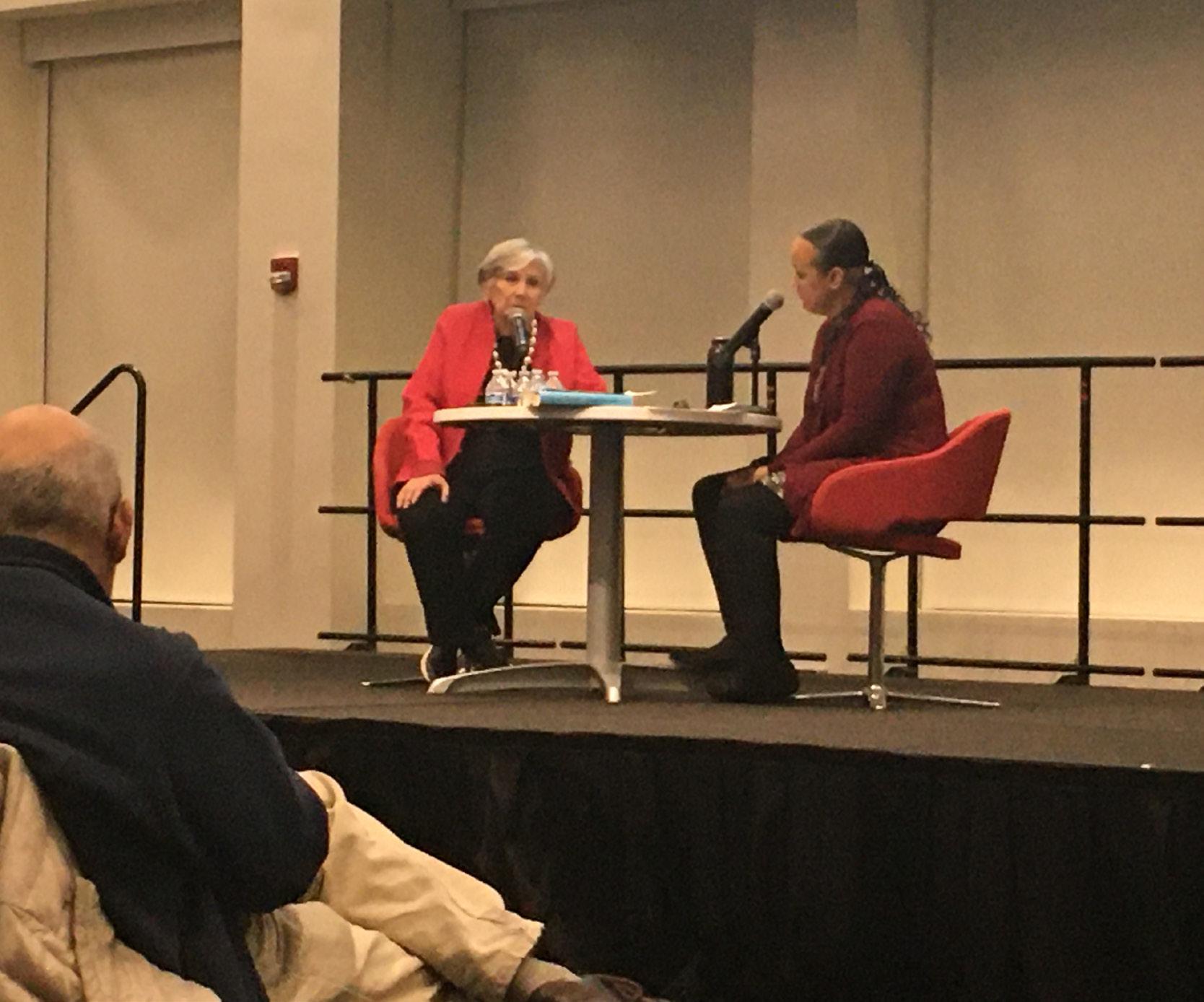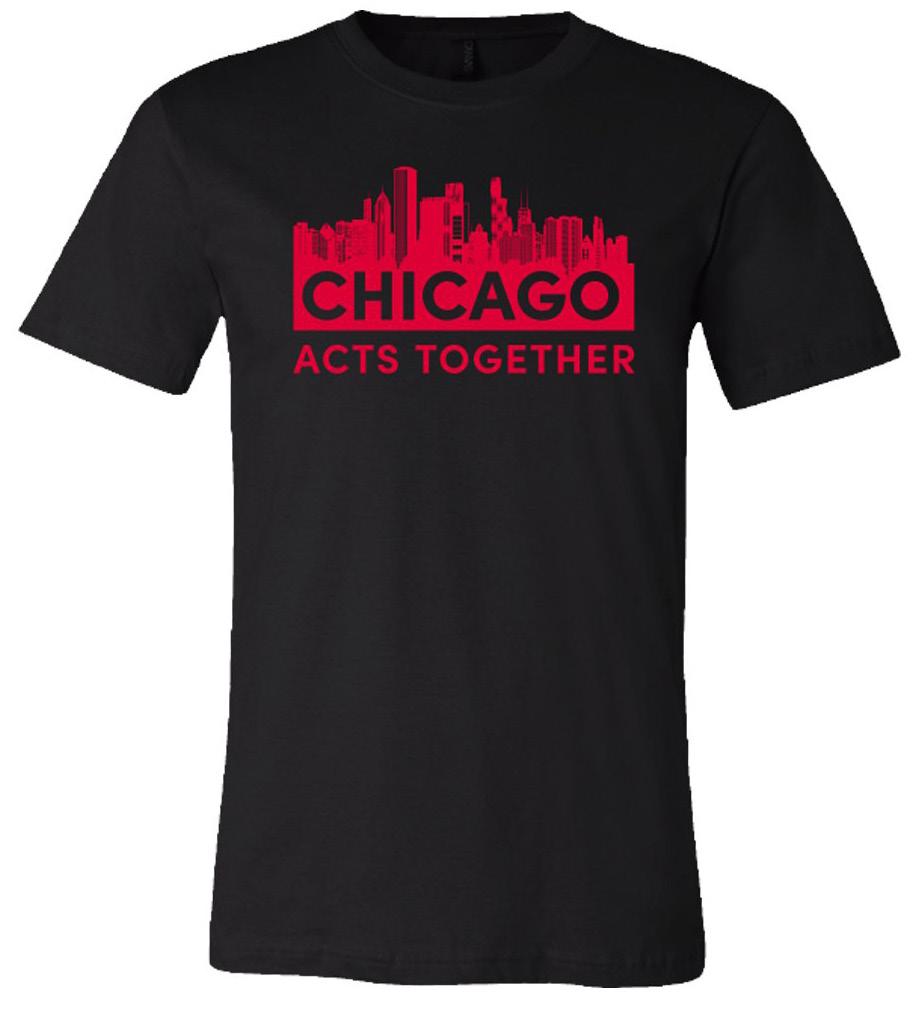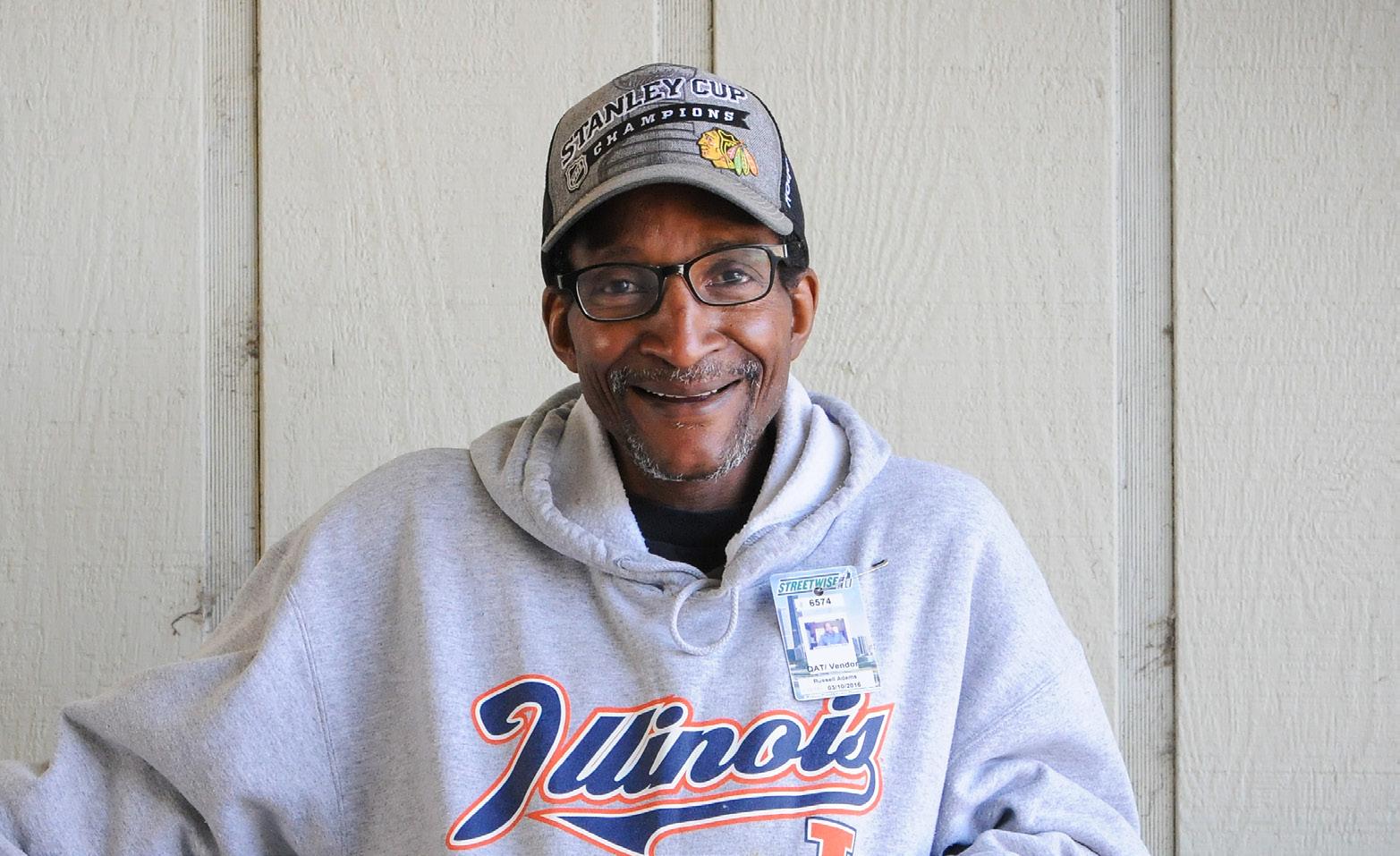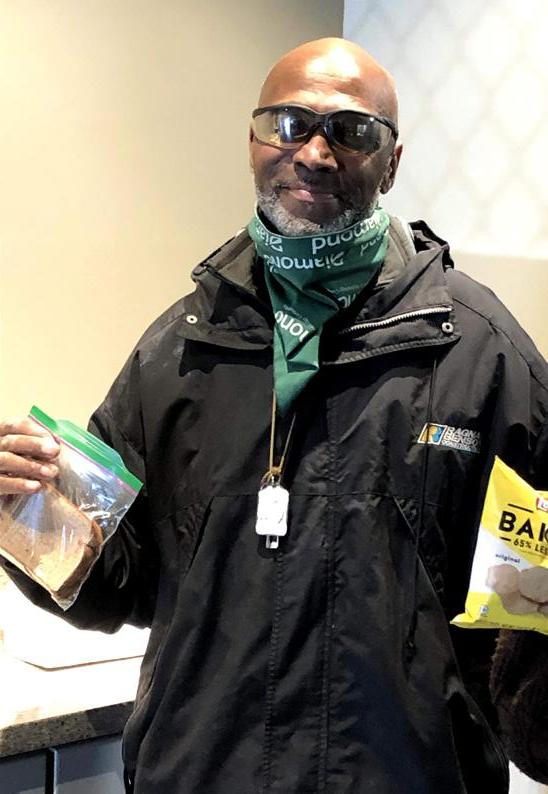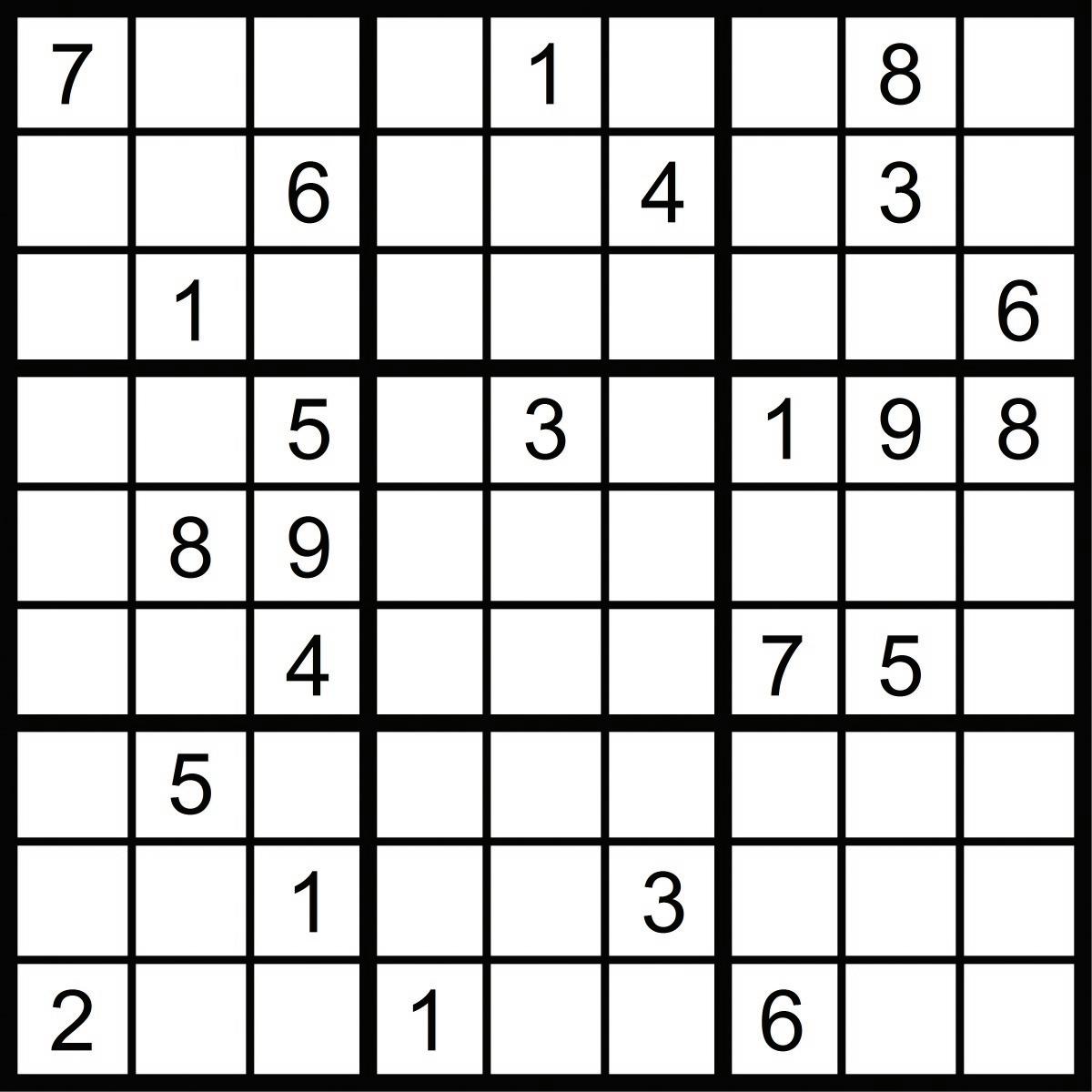
3 minute read
A 'Rentervention' for those struggling to pay rent during shelter-in-placE
from May 25 - 31, 2020
by Suzanne Hanney
If you have been struggling to pay bills in the wake of COVID-19 and don’t know what will happen if you can’t pay rent, the Lawyers' Committee for Better Housing has introduced an online tool you can use from home: Rentervention.com
Rentervention.com is free legal help for Chicago renters who need to protect their rights when it comes to eviction, security deposits and repairs needed in their homes. You can go online 24/7 to Rentervention.com or text “Hi” to 866-7-RENTER. Next, provide your ZIP code and your issue: eviction, security deposit or repairs. Then “Renny,” the chatbot, will be prompted to offer a variety of support. Renny can create more than 30 types of letters about issues to be sent to a landlord and can refer users to reliable sources of legal information not found online. For low income renters with complex problems, Renny can connect tenants to a virtual clinic for free attorney assistance.
Rentervention is the first step for getting support from the Lawyers' Committee for Better Housing (LCBH). Since its May 2019 launch, nearly 5,000 people have used Rentervention, but calls have soared since the COVID-19 pandemic.
In March, Rentervention had 235 chats, or engagements with the website, while in April, there were 589 chats -- a more than 200 percent increase, said Conor Malloy, Rentervention project director at the Lawyers Committee for Better Housing. “Every day we keep seeing more and more people visit the site. People want to know how to pay rent, what to do about utilities. How can they get sources of funding or grants.”
Rentervention has received calls from 58 of Chicago’s 63 ZIP codes. The highest number of calls have come from 60640 (Uptown), followed by 60657 (Lakeview), 60626 (Rogers Park), 60649 (South Shore) and 60647 (Logan Square), Malloy said.
“When it comes to volunteering money, the rule of thumb that we’re giving to tenants is to open communication with your landlord,” said Malloy, who is an attorney himself. “If the tenant does pay certain money, there’s nothing stopping the landlord from giving you a notice, to say you owe back rent. If you pay half, they might accept that, but they might give you a five-day notice. But we’re all in this together, landlords are looking to get something. It’s a good idea to work out these agreements. Put this in writing. It could be a text exchange or a formal printed document where the landlord has certain obligations, they are working with you on this payment plan and understand how much is going to be paid and when it is going to be paid.”
Tenant access to legal help makes a measurable difference in results, LCBH said in prepared materials. Between 2010 and 2017 an average of 23,000 evictions were filed each year in Chicago. In the same eight-year span, LCBH found a vast imbalance in rates of representation between landlords and tenants: landlords had attorneys 79% of the time, while tenants had attorneys 11% of the time. When tenants didn’t have legal representation, 62% of the cases ended in eviction. When a legal aid attorney got involved in the eviction case, only 22% of the cases ended in eviction.
“At Lawyers' Committee for Better Housing, we have about 10 staff attorneys able to get cases as part of Rentervention, along with two dozen volunteer attorneys from law firms across Chicago hungry to provide pro bono assistance: a collaboration between the profit and nonprofit world,” Malloy said. “They might not be standing next to you in front of a judge because the case might not demand full representation but they can provide legal advice, they can negotiate with your landlord. But if push comes to shove, they can make a referral for a full range of services to a legal aid agency so you can have that person standing next to you in court.”

